Krishna Manoorkar
Vrije Universiteit Amsterdam
Fuzzy Lattice-based Description Logic
Jun 06, 2025Abstract:Recently, description logic LE-ALC was introduced for reasoning in the semantic environment of enriched formal contexts, and a polynomial-time tableaux algorithm was developed to check the consistency of knowledge bases with acyclic TBoxes. In this work, we introduce a fuzzy generalization of LE-ALC called LE-FALC which provides a description logic counterpart of many-valued normal non-distributive logic a.k.a. many-valued LE-logic. This description logic can be used to represent and reason about knowledge in the formal framework of fuzzy formal contexts and fuzzy formal concepts. We provide a tableaux algorithm that provides a complete and sound polynomial-time decision procedure to check the consistency of LE-FALC ABoxes. As a result, we also obtain an exponential-time decision procedure for checking the consistency of LE-FALC with acyclic TBoxes by unraveling.
* In Proceedings LSFA 2024, arXiv:2506.05219
Defeasible Reasoning on Concepts
Sep 07, 2024
Abstract:In this paper, we take first steps toward developing defeasible reasoning on concepts in KLM framework. We define generalizations of cumulative reasoning system C and cumulative reasoning system with loop CL to conceptual setting. We also generalize cumulative models, cumulative ordered models, and preferential models to conceptual setting and show the soundness and completeness results for these models.
Flexible categorization using formal concept analysis and Dempster-Shafer theory
Aug 23, 2024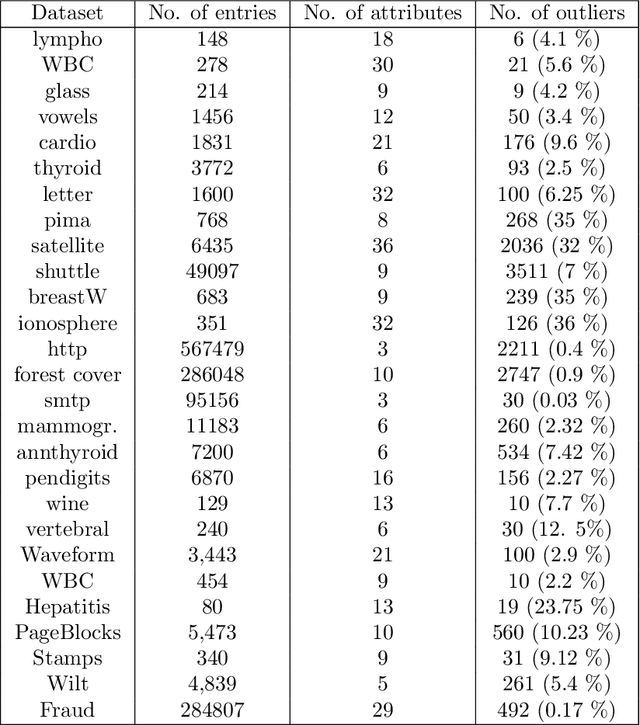
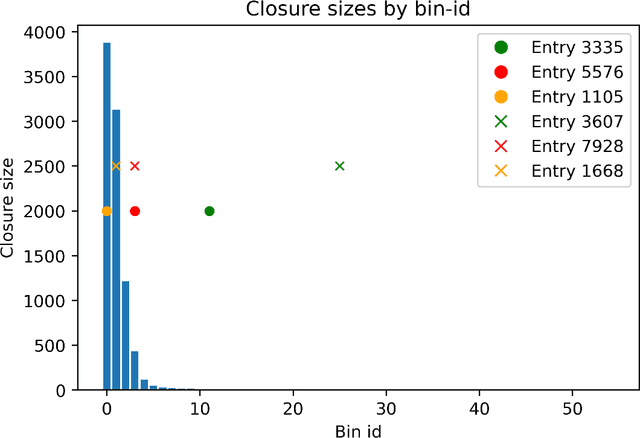
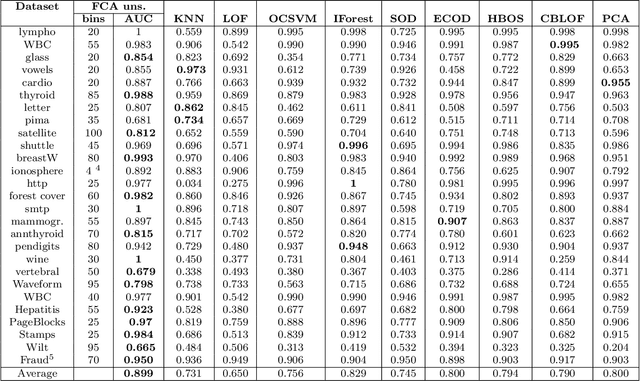
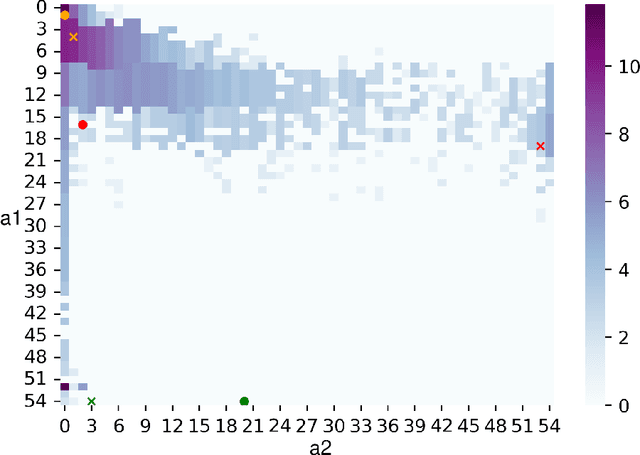
Abstract:Categorization of business processes is an important part of auditing. Large amounts of transactional data in auditing can be represented as transactions between financial accounts using weighted bipartite graphs. We view such bipartite graphs as many-valued formal contexts, which we use to obtain explainable categorization of these business processes in terms of financial accounts involved in a business process by using methods in formal concept analysis. We use Dempster-Shafer mass functions to represent agendas showing different interest in different set of financial accounts. We also model some possible deliberation scenarios between agents with different interrogative agendas to reach an aggregated agenda and categorization. The framework developed in this paper provides a formal ground to obtain and study explainable categorizations from the data represented as bipartite graphs according to the agendas of different agents in an organization (e.g. an audit firm), and interaction between these through deliberation. We use this framework to describe a machine-leaning meta algorithm for outlier detection and classification which can provide local and global explanations of its result and demonstrate it through an outlier detection algorithm.
Outlier detection using flexible categorisation and interrogative agendas
Dec 20, 2023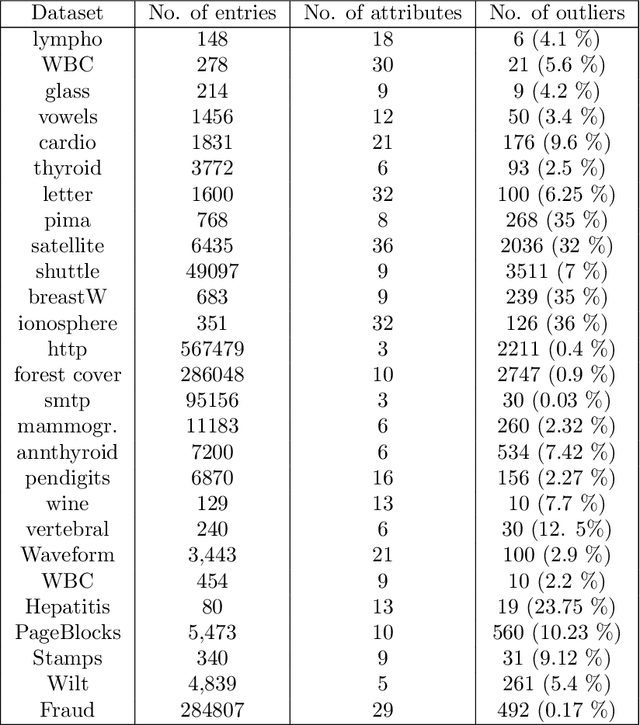
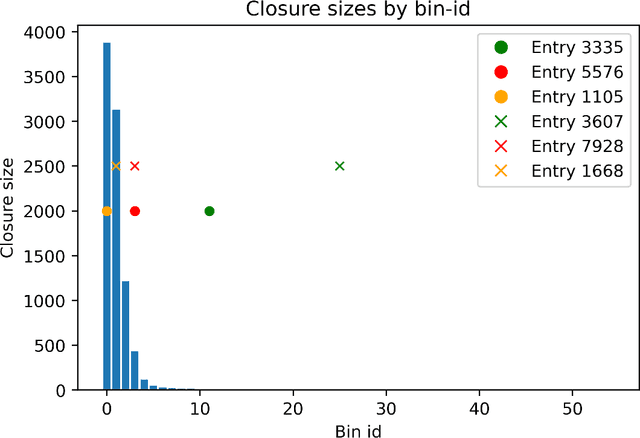
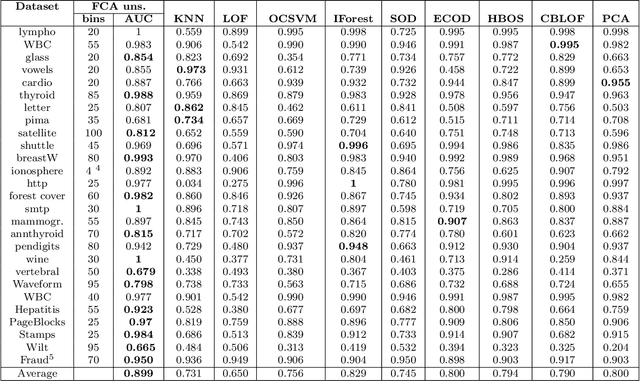
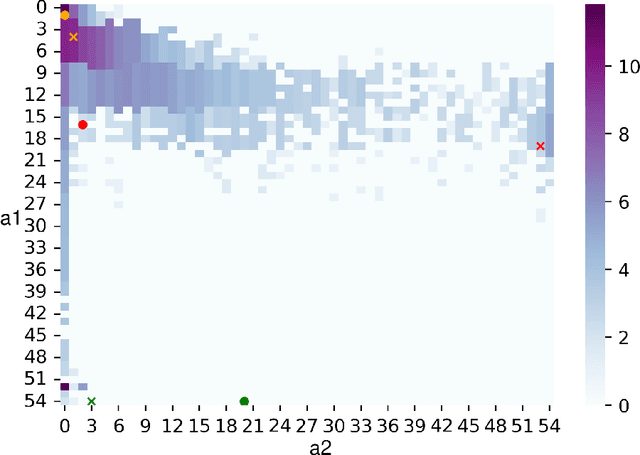
Abstract:Categorization is one of the basic tasks in machine learning and data analysis. Building on formal concept analysis (FCA), the starting point of the present work is that different ways to categorize a given set of objects exist, which depend on the choice of the sets of features used to classify them, and different such sets of features may yield better or worse categorizations, relative to the task at hand. In their turn, the (a priori) choice of a particular set of features over another might be subjective and express a certain epistemic stance (e.g. interests, relevance, preferences) of an agent or a group of agents, namely, their interrogative agenda. In the present paper, we represent interrogative agendas as sets of features, and explore and compare different ways to categorize objects w.r.t. different sets of features (agendas). We first develop a simple unsupervised FCA-based algorithm for outlier detection which uses categorizations arising from different agendas. We then present a supervised meta-learning algorithm to learn suitable (fuzzy) agendas for categorization as sets of features with different weights or masses. We combine this meta-learning algorithm with the unsupervised outlier detection algorithm to obtain a supervised outlier detection algorithm. We show that these algorithms perform at par with commonly used algorithms for outlier detection on commonly used datasets in outlier detection. These algorithms provide both local and global explanations of their results.
Causal Kripke Models
Jul 11, 2023Abstract:This work extends Halpern and Pearl's causal models for actual causality to a possible world semantics environment. Using this framework we introduce a logic of actual causality with modal operators, which allows for reasoning about causality in scenarios involving multiple possibilities, temporality, knowledge and uncertainty. We illustrate this with a number of examples, and conclude by discussing some future directions for research.
* In Proceedings TARK 2023, arXiv:2307.04005
A Meta-Learning Algorithm for Interrogative Agendas
Jan 04, 2023Abstract:Explainability is a key challenge and a major research theme in AI research for developing intelligent systems that are capable of working with humans more effectively. An obvious choice in developing explainable intelligent systems relies on employing knowledge representation formalisms which are inherently tailored towards expressing human knowledge e.g., interrogative agendas. In the scope of this work, we focus on formal concept analysis (FCA), a standard knowledge representation formalism, to express interrogative agendas, and in particular to categorize objects w.r.t. a given set of features. Several FCA-based algorithms have already been in use for standard machine learning tasks such as classification and outlier detection. These algorithms use a single concept lattice for such a task, meaning that the set of features used for the categorization is fixed. Different sets of features may have different importance in that categorization, we call a set of features an agenda. In many applications a correct or good agenda for categorization is not known beforehand. In this paper, we propose a meta-learning algorithm to construct a good interrogative agenda explaining the data. Such algorithm is meant to call existing FCA-based classification and outlier detection algorithms iteratively, to increase their accuracy and reduce their sample complexity. The proposed method assigns a measure of importance to different set of features used in the categorization, hence making the results more explainable.
Flexible categorization for auditing using formal concept analysis and Dempster-Shafer theory
Oct 31, 2022
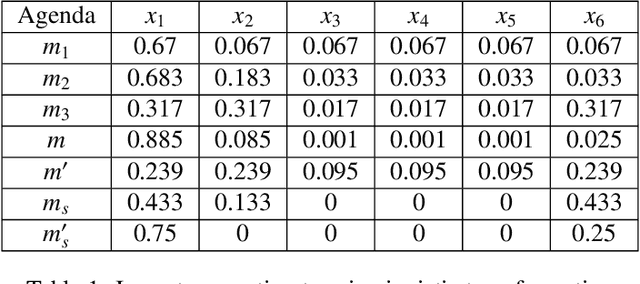

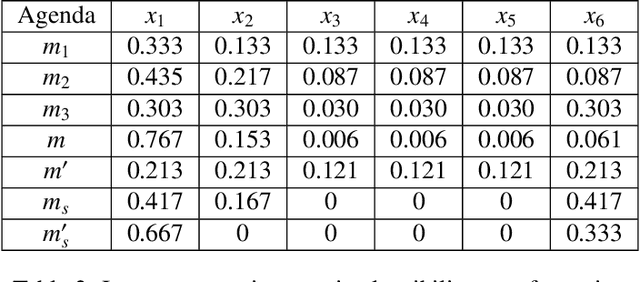
Abstract:Categorization of business processes is an important part of auditing. Large amounts of transnational data in auditing can be represented as transactions between financial accounts using weighted bipartite graphs. We view such bipartite graphs as many-valued formal contexts, which we use to obtain explainable categorization of these business processes in terms of financial accounts involved in a business process by using methods in formal concept analysis. The specific explainability feature of the methodology introduced in the present paper provides several advantages over e.g.~non-explainable machine learning techniques, and in fact, it can be taken as a basis for the development of algorithms which perform the task of clustering on transparent and accountable principles. Here, we focus on obtaining and studying different ways to categorize according to different extents of interest in different financial accounts, or interrogative agendas, of various agents or sub-tasks in audit. We use Dempster-Shafer mass functions to represent agendas showing different interest in different set of financial accounts. We propose two new methods to obtain categorizations from these agendas. We also model some possible deliberation scenarios between agents with different interrogative agendas to reach an aggregated agenda and categorization. The framework developed in this paper provides a formal ground to obtain and study explainable categorizations from the data represented as bipartite graphs according to the agendas of different agents in an organization (e.g.~an audit firm), and interaction between these through deliberation.
Toward a Dempster-Shafer theory of concepts
Aug 14, 2019Abstract:In this paper, we generalize the basic notions and results of Dempster-Shafer theory from predicates to formal concepts. Results include the representation of conceptual belief functions as inner measures of suitable probability functions, and a Dempster-Shafer rule of combination on belief functions on formal concepts.
 Add to Chrome
Add to Chrome Add to Firefox
Add to Firefox Add to Edge
Add to Edge